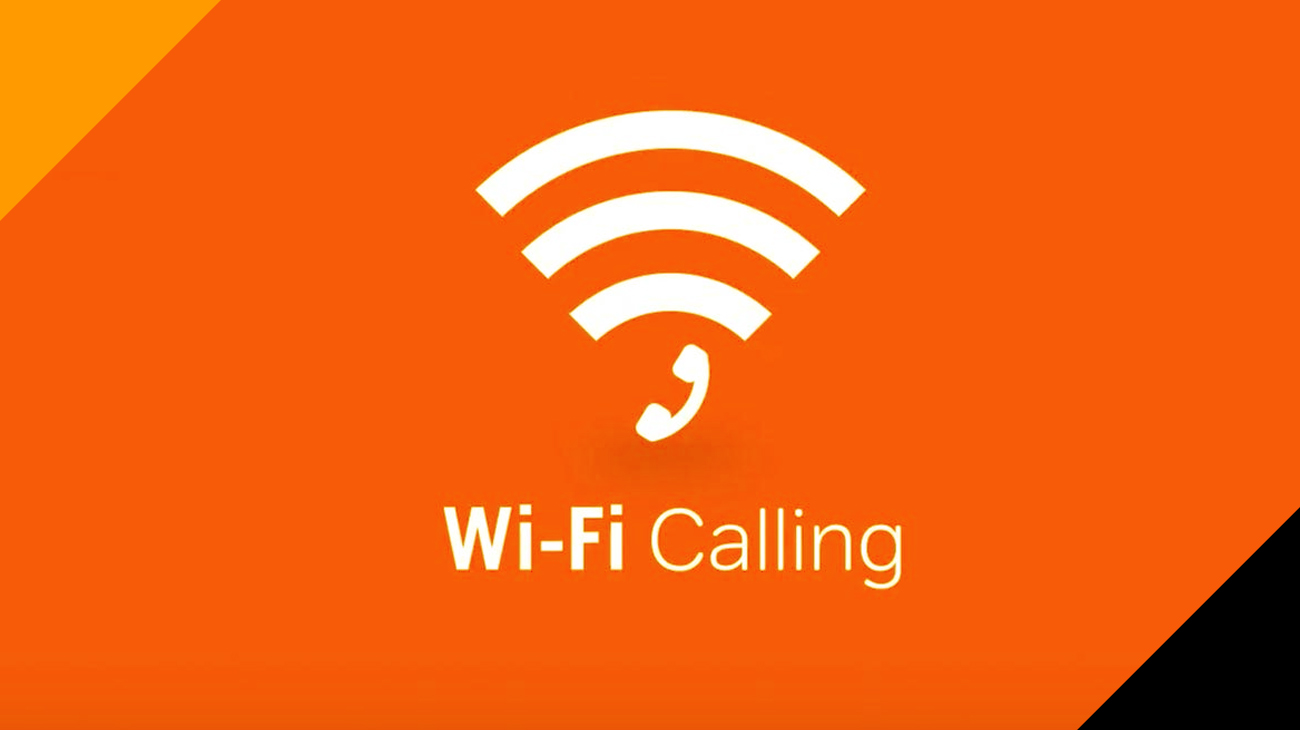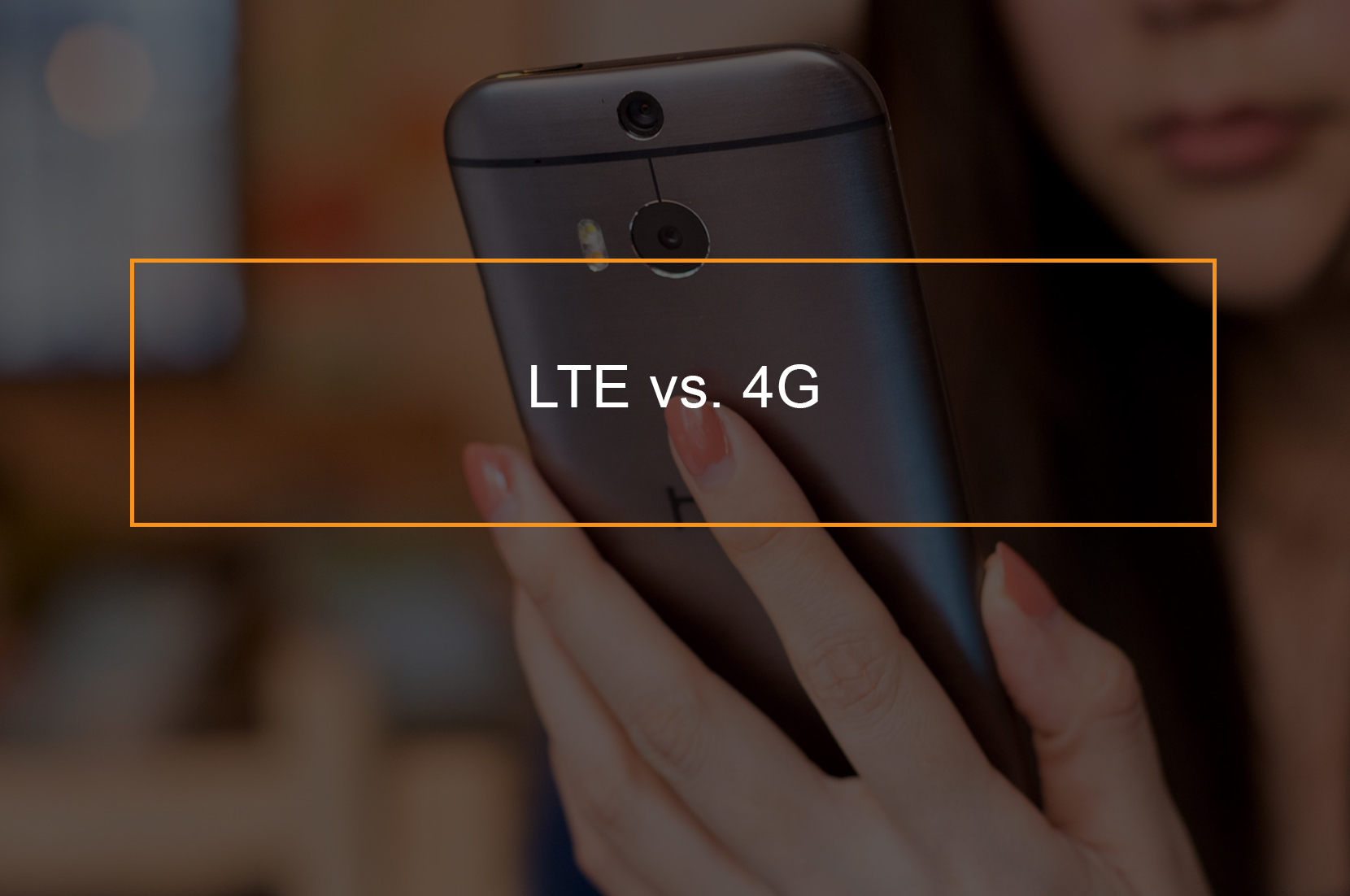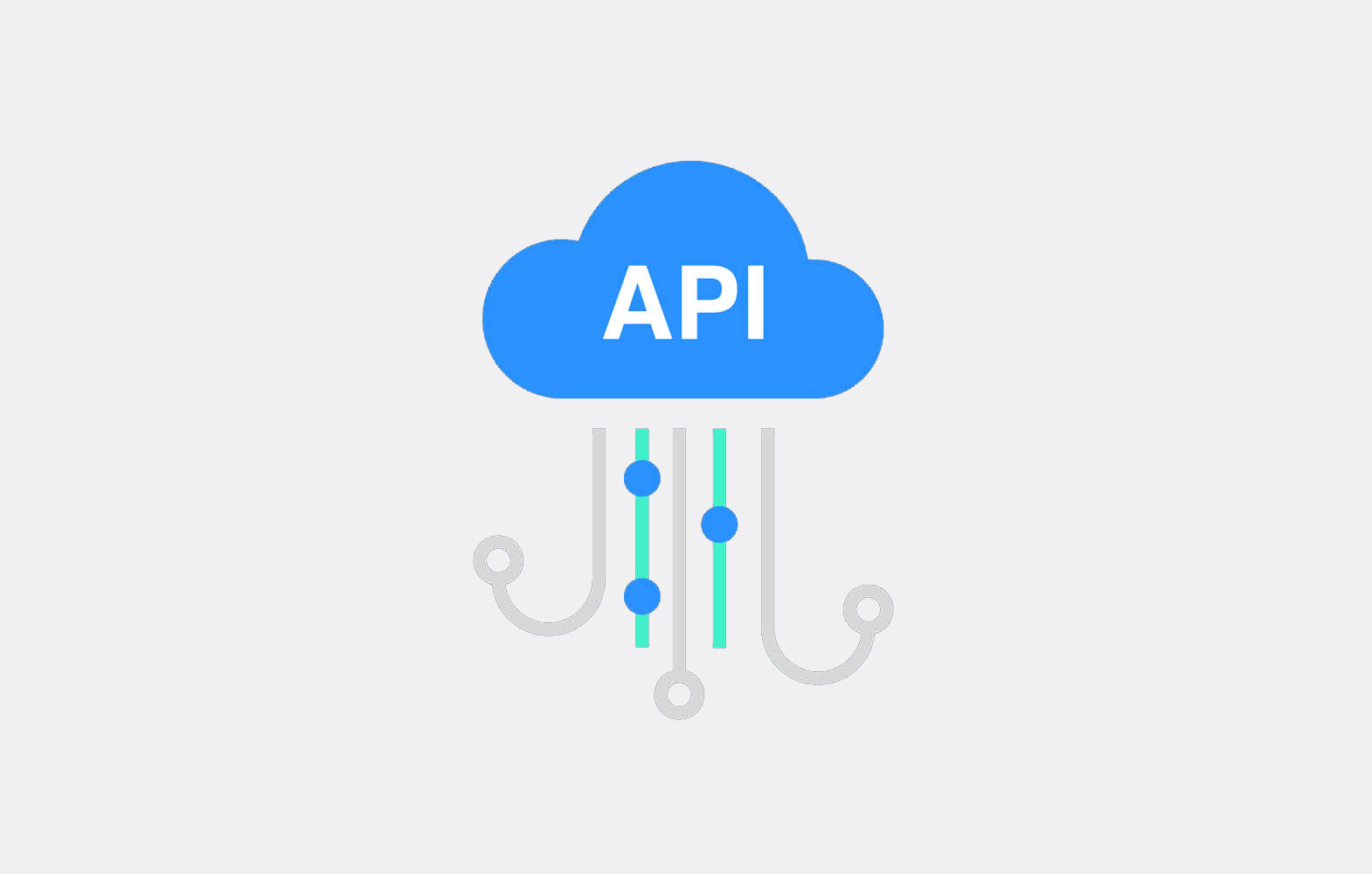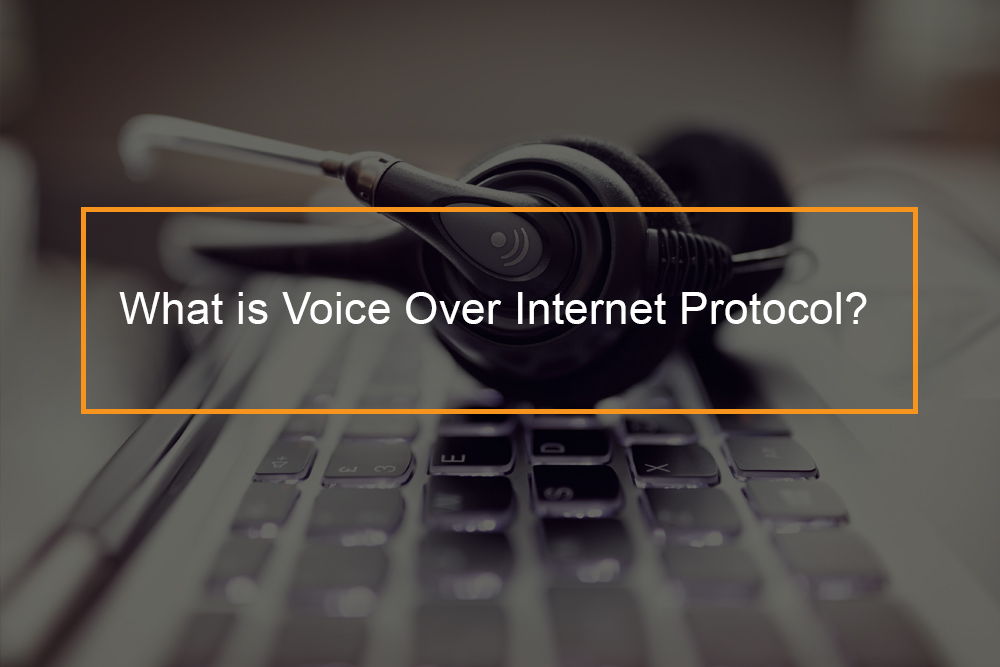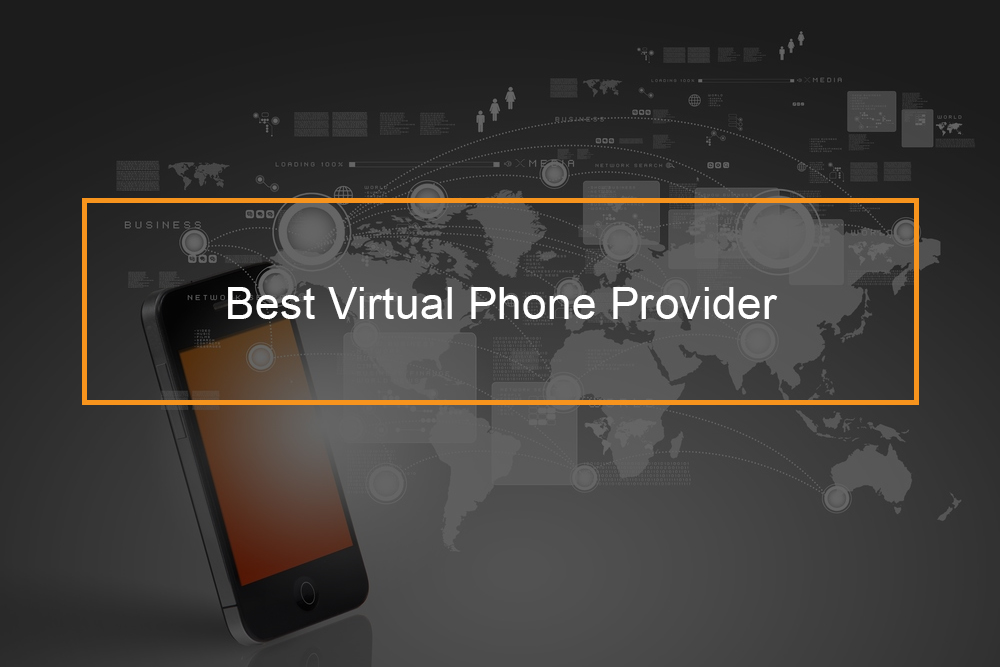Understanding SIP and its benefits
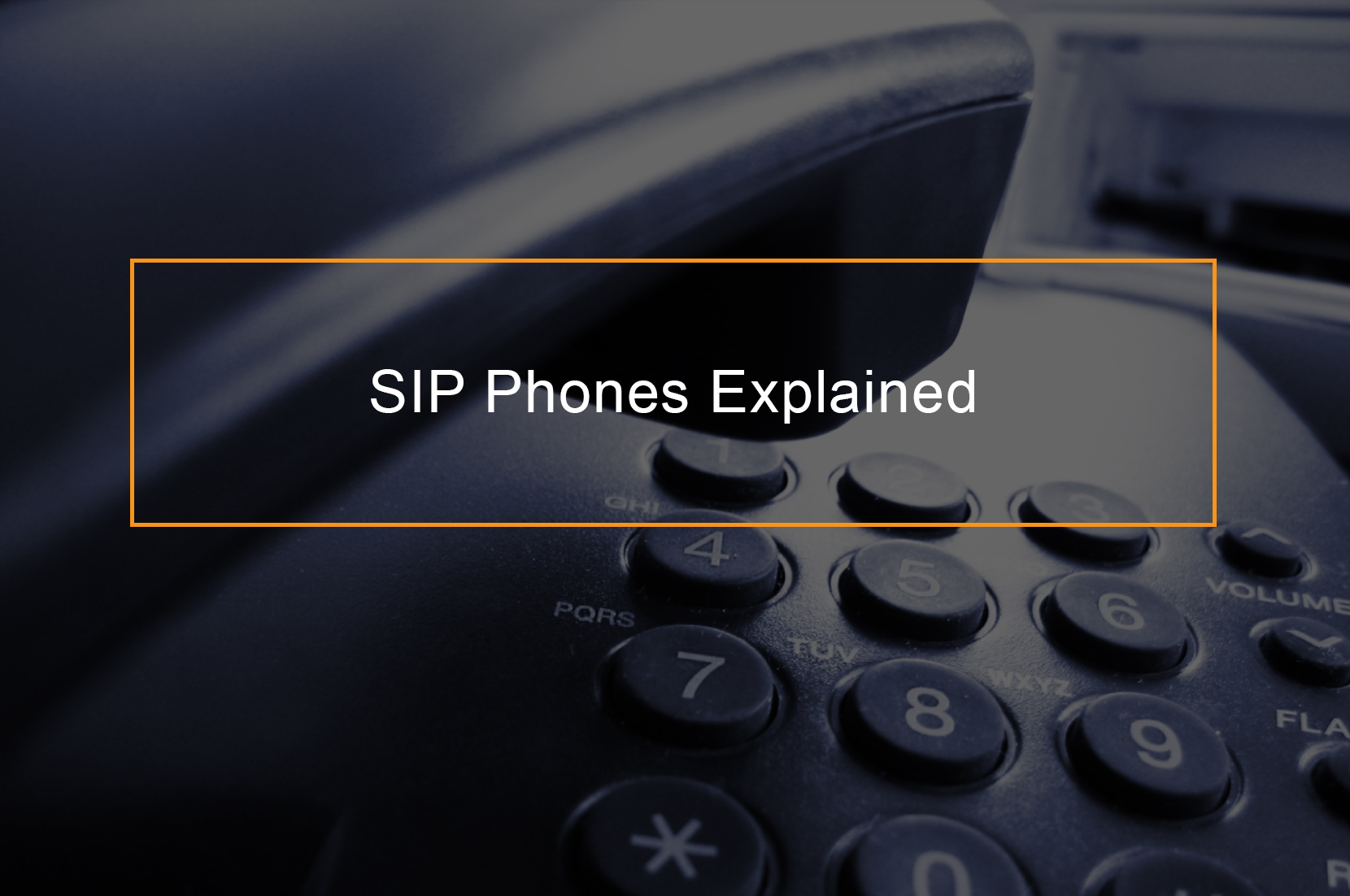 What is SIP and how does it work?
What is SIP and how does it work?
SIP, in full, stands for Session Initiation Protocol, and it utilizes the VoIP (Voice over Internet Protocol) technology. SIP eliminates the need for multiple phone lines and any physical connection to the business phone. This is substituted with a SIP trunk which is a sort of virtual connection over your internet that connects directly to the PSTN (Public Switched Telephone Network).
This SIP technology is different from the traditional phone system. The older phone systems had two parts. The first being PBX which dealt with the call management features such as voicemail. The second part of the traditional phone systems is the PRI lines which are responsible for connecting calls to the PSTN, which in turn routed calls to where they were supposed to go. Now with SIP, the PRI lines are bypassed and the calls connected directly to the PSTN via the internet.
Setting up SIP for calling
Getting started and working with SIP is very simple. First, you need to get a SIP address and a SIP client on your mobile device or computer. There are also other things required (as we will discuss) to set up this SIP system. When that is ready, you should configure your SIP client. There is some technicality involved in configurations of SIP, but configuration wizards simplify the process. It reduces the process to filling out the required fields using your credentials.
What do you need to get started with SIP?
This is what is required to set up and start communicating through SIP.
SIP address
This is essentially a SIP account. Many providers give you an address for free after registering with them.
SIP client
This is a software or application you install on your mobile device or computer through which you communicate with. This interface has many features, including softphone functionality. A number of SIP clients are specifically built for SIP. You can use them with any SIP address or account or even within a PBX environment. There are also other types of SIP clients. Some come with VoIP service providers which can be used for free with their VoIP. A number of VoIP providers support SIP.
Decent internet connection
Using SIP does not require a very strong internet connection, especially for voice calls. For video communication, a solid bandwidth is needed, nothing extravagant though. Using a DSL connection will be much faster and is highly preferred.
Headset, microphone, and a webcam
To use SIP to communicate, you need to hear and talk to the other party involved in communication. And for video communication, you also need to see. Hence the need for a webcam, microphone, and earpiece/headset.
With all these devices you are good to go. Now what you need is to share your SIP address with others, and if they are also using SIP, you can make calls for free.
Benefits of SIP calling
Reasons your business needs SIP
So why is there so much vibe around SIP calling? Well, this is because there are numerous benefits associated with using SIP in your business. Some of the benefits of SIP include:
1. SIP is affordable
SIP is cost-efficient because your business saves massively in the following ways:
- Calling charges are reduced by up to 90% when making international calls and up to 40% on local calls.
- SIP does not require multiple networks.
- SIP saves on multiple subscription fees.
- SIP saves on the cost of purchasing hardware, the installation charges, and maintenance fees.
- SIP turns all calls into local calls. This effectively saves on the huge charges associated with international calls.
2. SIP offers better sound quality
Today, a lot of the systems use HD voice or wideband audio to increase the sample rate of telephone audio and to extend the frequency range. This means with SIP calling; you can easily differentiate between the syllables and hence clearly understand the person you are talking to.
3. SIP is very flexible
The SIP phone system does not only perform the basic call functions but also many other VoIP functions. The system is very flexible and can; identify user locations, negotiate media capabilities, and determine user availability. The system call also set and manage call sessions.
Moreover, a SIP trunk can also be utilized for other forms of communications, such as using instant messages, enhanced emergency calls (911), user presence information, and multimedia conference.
4. With SIP, you will never miss a call
SIP gives you the opportunity to be more available and never miss another call again. Even if you are away, or out of the office, SIP will automatically route your call to another extension. Even more impressive, SIP will automatically route the calls to your mobile device.
This feature will allow you to comfortably take your business on the road. You will not worry about an important call being missed. You will always be available.
5. SIP is scalable
SIP makes it easier for your business to grow. If your business needs one more channel or twenty more channels, that’s all you have to buy. You get the precise number without worrying about having extra equipment that you pay for but do not use.
This sounds fair, and right. But, it has not always been like that. With the traditional phone lines, they were sold in groups. This means you buy more than you need. To add on this, you need to consider the extra hardware and space to fit it all in. At the end of the day, scaling while using the traditional phone system proves to be very difficult.
6. SIP is user-friendly
The installation, configuration, and implementation of the SIP system is much easier than you would imagine. The online control panel also makes it easier for maintenance.
The best part is SIP consolidates all your communication in one device. This makes it very easy to train your staff in using it. They won’t have to learn many different systems but just one.
7. SIP is easier to maintain
Maintaining a SIP phone system is much easier, considering the number of tools available to monitor and resolve any problems swiftly.
Moreover, SIP trunking service providers easily reroute services to mobile phones or to a redundant data line to help your business.
Who should be using SIP calling?
Everyone wants to enjoy the benefits of new technology, especially in business. This is no different with SIP calling. But who sits to benefit best from this phone system?
To begin with, startups and small businesses are likely to benefit the most from SIP calling. This is due to the low costs of setting up and maintaining the system. Another key advantage to small businesses is the flexibility and scalability of the SIP phone system. It gives the business much room to expand and grow.
Saving on resources and cash is important for any business, even large corporations. In fact, that is how businesses grow, and therefore, larger companies also benefit from SIP calling.
Large companies can also benefit from SIP calling in other ways. This includes free internal calling, time management, and data gathering tools, better customer service for international clients, unified communication, ability, and freedom to work anywhere around the world with access to the internet.

